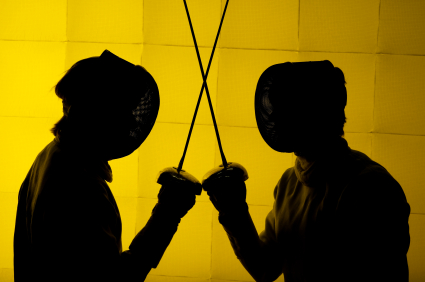Have you ever felt like you were talking to a brick wall? Or gotten into a screaming match? If you answered yes, then rest assured – you are indeed human! You have officially experienced “bad conflict”, and you know first-hand there is nothing to be gained from it but a headache and lingering bad feelings.
Life presents us with a multitude of conflicts in various forms every day, but with it come opportunities. Debate, negotiation and even those ugly conflicts can lead to positive solutions, greater creativity, and better communication – if we are willing to embrace it.
When you get into that “brick wall” type of conflict, you need to take a step back, give yourself some time to respond vs. react, or get a neutral third party involved. Look out for these signs of bad conflict:
- A breakdown in respectful discussion, combined with an inability to think creatively about solutions.
- Blaming, shaming and naming (name calling)
- Ultimatums /threats
- Peripheral people taking sides and basing their opinions on raw emotions.
- Disputes based on inaccurate statements, unexamined assumptions, and deeply held beliefs
- No communication or poor communication.
Bad conflict emerges quickly and easily escalates when people talk at each other rather than to each other. Both parties are likely to become stuck and repeatedly state their position as if it is the only solution. Exploration of exactly what is needed by each person in not part of the exchange. Think “tug-a-war”. Usually, in this type of conflict nobody wins. Even the person who thinks they won has frequently cheated themselves out of a more optimal solution and in every case has set the stage for future conflict and probably in an escalated form.
Most conflict stems from some sort of communication problem. Poor Communication is the “low hanging fruit” of conflict resolution. Communication is a complex thing but we all do it all the time. Really good communication involves not only listening carefully to the other person’s issues, but communication back that you have actually heard them. To do this one needs empathy and to be able to respond with empathy, thus communication this deeper understanding. When people feel heard they are more willing to listen. Good communication leads to new perspectives on old problems – Not to mention, it’s a lot more fun than talking to a brick wall!




